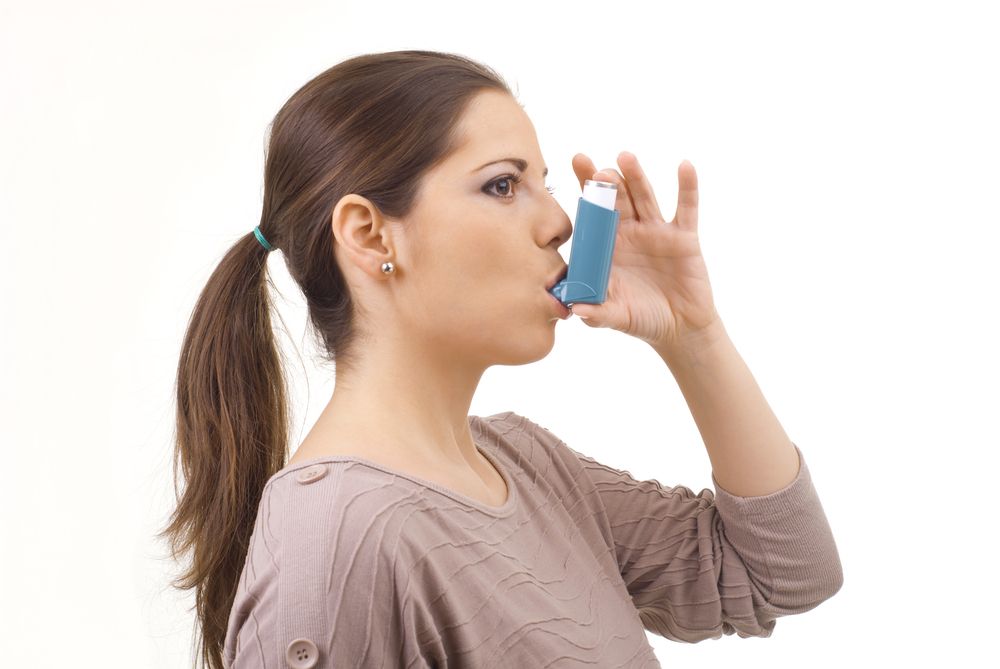Practicing Yoga Doesn't Ease Asthma Symptoms, Study Finds

Even though some people practice yoga to treat their asthma, the exercise does not appear to alleviate asthma symptoms in adults, according to a new study.
But asthma sufferers can still practice yoga as a supplement standard treatments, like taking anti-inflammatory drugs through an inhaler for the condition, the researchers said.
Past research has found that many people with asthma practice yoga to treat their symptoms — which include coughing, wheezing and shortness of breath — despite a lack of evidence that it helps to ease these symptoms.
"We reviewed the available data to see if [practicing yoga] made a difference, and found only weak evidence that it does," Holger Cramer, director of yoga research at the University of Duisburg-Essen in Germany, said in a statement. "Yoga can't be considered a routine intervention for patients with asthma at this time. But it can be considered an alternative to breathing exercises for asthma patients interested in complementary interventions." [Mind Games: 7 Reasons You Should Meditate]
Cramer and his colleagues analyzed the results of 14 previously published studies involving 824 adults. The studies looked for evidence that yoga improved lung function, helped control symptoms and improved their quality of life.
While some of the studies showed that certain forms of yoga — like those that emphasize breathing — had some benefit based on patient reports, the researchers found the overall assessment for yoga's benefits inconclusive. Yoga appeared to be no more effective than regular breathing exercises or no breathing exercises, as measured by the patients' number of asthma attacks and their use of medication.
People with asthma can continue to practice yoga if it makes them feel better, but they should know that it does not replace standard asthma treatments, Michael Foggs, an allergist at the American College of Allergy, Asthma and Immunology (ACAAI), said in a statement.
Get the world’s most fascinating discoveries delivered straight to your inbox.
About 18.7 million people have asthma in the United States, according to the Centers for Disease Control and Prevention. It is important for people with asthma to take steps to prevent symptoms from occurring in the first place, Foggs said. Patients and their doctors should think ahead to avoid the specific situations that trigger their asthma, such as exposure to allergens, respiratory infections or cold weather, according to the ACAAI. Taking daily long-term medications are also a way to maintain control over asthma symptoms.
The study was published in the June issue of the journal Annals of Allergy, Asthma and Immunology.
Follow Jillian Rose Lim @jillroselim & Google+. Follow us @livescience, Facebook & Google+. Original article on Live Science.


